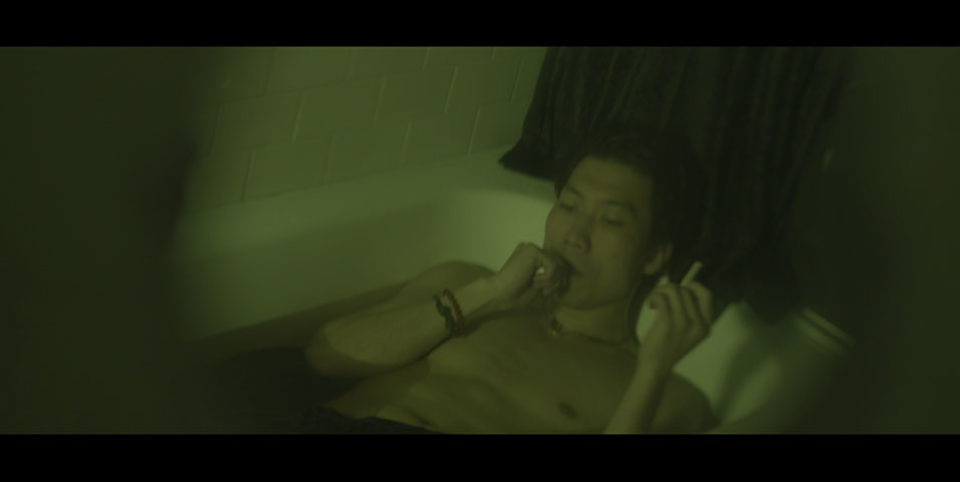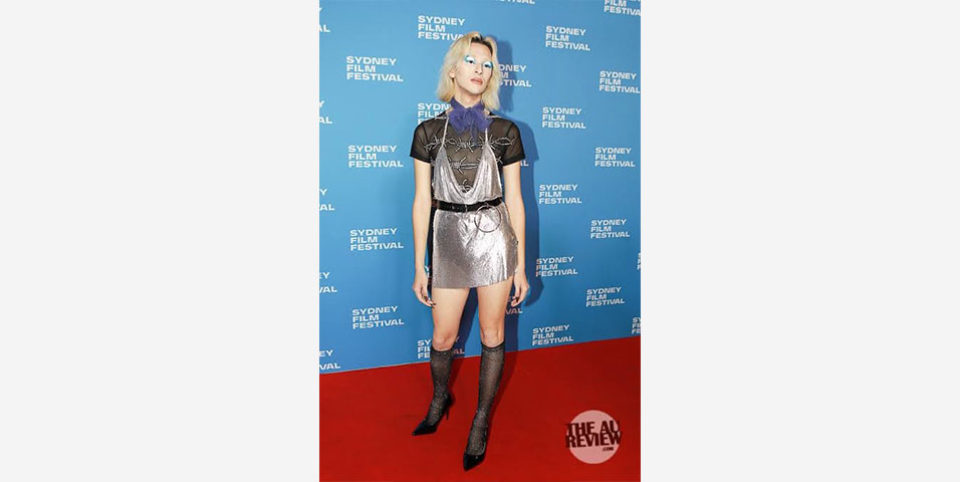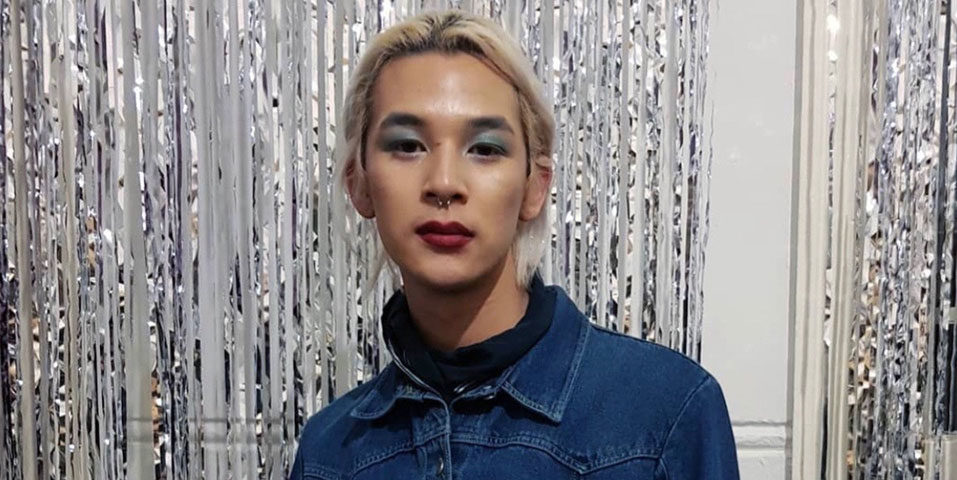The projects William Tran (Bachelor of Arts Screen, 2017; Graduate Certificate Screen: Editing, 2018) has worked on in the two years since graduating from AFTRS have played at festivals all over the world, won a string of prizes and earned AACTA and Australian Directors’ Guild Awards nominations.
In this personal piece, William reflects on his AFTRS journey, revealing how film school helped him gain confidence in his craft and find his calling as a storyteller.
––
In 2001, I wrote a short story titled My Little Alien Friend for my year one class and it was very well received by my teacher, Miss Allen. From there, I had dreamed of becoming a writer – specifically a novelist. At some point, however, I figured out that there was already a plan laid out for me. With first-generation immigrant parents from Vietnam who gave up everything for their children, there were high expectations for me to get good grades, graduate with a high ATAR, enrol at a major university and eventually find a wife so that I could give my parents healthy, loving grandchildren. I had also grown to realise that I was gay, so in lieu of the picture-perfect family, I really had to step it up in the jobs department and study a respectable degree.
The list of Asian-parent-approved tertiary education courses was as follows: medicine, medicine-adjacent (pharmacy or dentistry), accounting, law, engineering, and finally, accounting. In 2013, I enrolled in a biomedical engineering course at the University of Sydney and I was ecstatic. In my parents’ eyes, I was making it. In 2014, after a year of giving it a good go, I discovered I was quite bad at it, and I had to drop out. I was devastated at the time, and I struggled to find any sense of direction.
I was very ashamed and I didn’t tell my parents that I was no longer studying to become an engineer, so I spent the better part of a year taking the train from the suburbs into the city, pretending I was learning all kinds of things about prosthetic arms and artificial knee joints. That was also the year I had heard about AFTRS, where they were re-introducing their bachelor’s course for the first time in years. And so, for the second half of that year, I went to the Fisher Library at USYD every day and I wrote a short story about a young woman, riding the train all the way to the city and back, reflecting on her life and talking to the graffiti faces that lived along the tracks.
This was the major work I used for my AFTRS application and when I was accepted into the course, I finally felt a true sense of achievement – one that I had created for myself.
When I entered the BA in 2015, I was quite nervous because I had no experience in filmmaking and I wasn’t sure what my cohort was going to be like, especially in regards to their film backgrounds. Luckily for me, we were given a taste of all the different departments and there was a focus on learning how to use the equipment and most importantly, on collaboration. We were being taught from the start that to grow, we needed to rely on each other. We spent that year working towards our first film school project and I wrote and directed my first ever work, White is the Colour of the End. We learned that the value of a film wasn’t the type of camera or the budget, but rather the idea, and for me – a kid from a low socio-economic background – this worked perfectly.
I gained a great deal from this experience but what inspired me the most were my peers. We all had the same passion and it was all so different from my time at USYD. There, the classes were enormous and everyone moved so quickly from one to the next that it truly felt like a free-for-all competition towards the top. At AFTRS, we were a cohort of two hundred students so it felt like the lecturers demonstrated a higher duty of care and the people I collaborated with were people I would work with for years to come.
My graduate project was a film I wrote and directed called Nature Boy, and it book-ended my time at AFTRS perfectly. Like White is the Colour of the End, it was a low-budget poetry film with a PoC cast and queer themes but this time, I had three years of education, training and experience behind me as well as the confidence to collaborate with more people and truly work towards a vision. Along with this, I could also help my friends with their films, using my skills as both an editor and a designer.

One of my favourite memories from my time at AFTRS was our final end-of-year screenings. I still hold dear the sense of pride I had in my peers. This screening was a culmination of all the things we had learned together, and, not to brag, but I have such talented friends!
When I started the course, I felt like I was way out of my depth but by the end, I found my calling as both an editor and a production designer. Better yet, all the things I loved about writing, I could apply to these two fields. In particular, during our story and writing classes, one lesson that stood out was the idea of developing a character from the outside in. We learned to map out the protagonists we created, from the clothes they wore, to the values they held. As a costume designer, I learned to put in as much personal detail into a character as I could, paying close attention to the accessories they put on and even the way they tied their shoes. And, as an editor, I would shape a story so that an audience could truly understand and see what a character was thinking; what their motivations were. I learned how to take the hand of an audience and guide them through a new story, through my crafts.
Shortly after I graduated, I learned that Roland Gallois, the head of editing at AFTRS, had put my name forward for a data wrangling job at Blackfella Films, which became my first paid industry experience after school. On top of this, Igor Nay, the head of production design, had recommended me for a costume design role on Sam Van Grinsven’s graduate feature film, Sequin in a Blue Room. I had tackled both of these at the same time and although I struggled under the pressure, I got back twice as much. Not only did I gain experience and a feature credit, I developed a new type of confidence – one that stemmed from the faith that my educators had shown in my abilities.

I carry that confidence with me every day and it motivates me to work hard on everything I can get my hands on. I moved to Berlin at the start of this year, which is a little unfortunate considering the state that the world is in, but even now, all I want to do is to show people how hard I work and all the things I learned about film and about myself.
I should also take this time to mention that with time and unconditional love, my parents are now very supportive of all my choices. I owe so many people my gratitude, and one day, I should hope that I can express that on the stage as I accept the Oscar for Best Film with my heartbreaking sci-fi drama, My Little Alien Friend. Just kidding. Maybe for a fancy editing award, or something.
Bis dann (until then) –
Will
Check out Will’s portfolio on his website and keep up with his adventures on Instagram.
